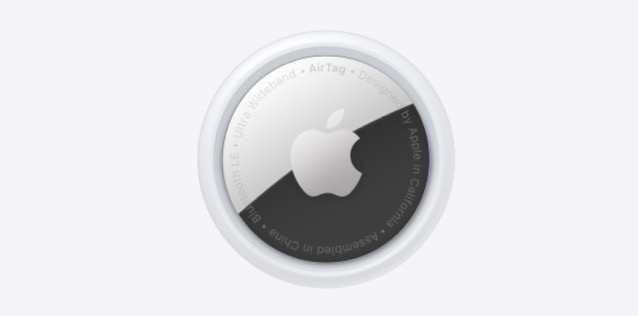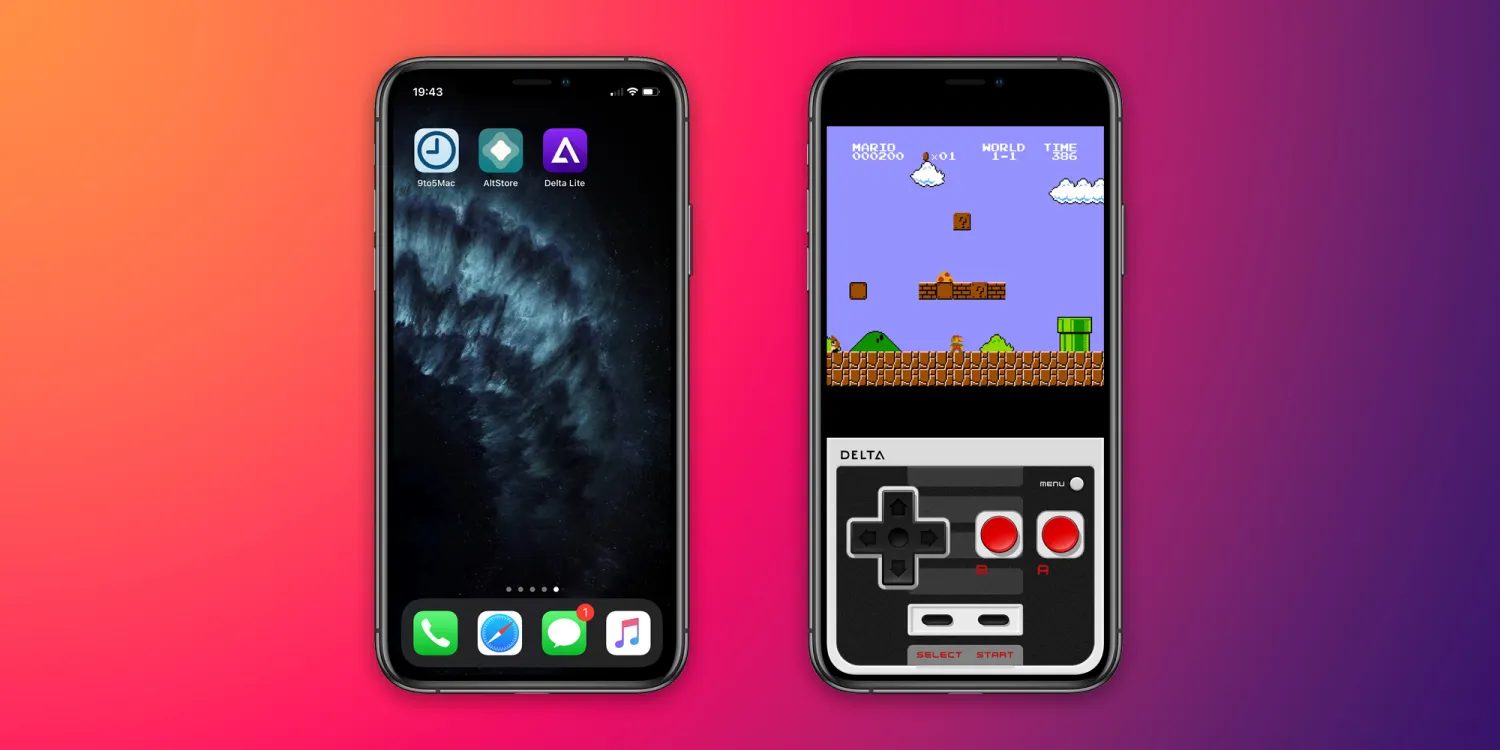
How to Track Your Husband: AirTag vs Tile vs LandAirSea GPS Tracker

Kashmir Hill, a privacy reporter for The New York Times, recently decided to test Apple’s AirTags (and competing devices from Tile and LandAirSea) under a simulated stalking scenario by tracking her husband and writing about it, of course.
Apple launched the AirTag for $29 USD ($39 CAD) in April of last year as a tracking device to help customers locate items using the company’s Find My network, which boasts over one billion Apple devices globally.
However, it wasn’t long before the ill-intentioned among us started using the coin-sized devices to not only track individuals without their consent but cars and other valuables as well.
Last month, a stalker trailed Sports Illustrated swimsuit model Brooks Nader around New York City for nearly five hours after slipping an AirTag into her coat pocket. There have also been reports of Apple’s AirTags being used to mark and track cars for theft.
Hill planted several AirTags, Tiles, and LandAirSea devices on her husband’s person and car. She found the AirTags and Tiles to be the least effective in settings that did not have many people around since both trackers rely on Bluetooth interactions with other devices to report their location.
The $30 USD LandAirSea tracker proved to be the most effective in every setting, which isn’t a surprise considering it uses a cellular connection and GPS satellites to relay location information. LandAirSea’s offerings require a monthly cellular subscription to work, which starts at $19.95 USD per month and goes up to $49.95.
In settings like New York where every other person has an iPhone, though, the AirTags provided Hill with accurate tracking of her husband’s movements even as he traversed through Manhattan or went underground to take the subway.
Apple has built safeguards into the AirTag and its Find My network to prevent the tracking pucks from being used to track people without their consent.
If your iPhone, iPad, or iPod Touch finds that an unknown AirTag is moving with you, you will be notified of its presence and can then take action — making the AirTag emit a sound to give away its location, for example. Cupertino even released an AirTag detection app for Android. However, the company’s measures can often be hit or miss.
When Hill’s husband was informed of an unknown AirTag in his car by his iPhone, he tried making the device play a noise. However, the sound was so low that he was unable to tell where it was coming from, despite Hill not trying too hard to conceal it, and gave up on looking for the AirTag after five minutes.
Apple is aware of these shortcomings, and yesterday announced changes coming to Airtags designed to prevent them from being used to track individuals, including Precision Finding for unknown AirTags, updated support documentation, and louder sounds.
“AirTag was designed to help people locate their personal belongings, not to track people or another person’s property, and we condemn in the strongest possible terms any malicious use of our products,” said Apple as it announced the improvements.
Hill and her husband found that malicious surveillance is now more accessible than ever before, but at least Apple’s implementation of an object tracker features a framework of privacy safeguards and constantly improving measures to dissuade unwanted tracking.
“For all the bad press the AirTags have gotten, and as flaky as the detection mechanisms were, at least I was consistently getting notifications they were following me,” said the reporter’s husband. “The privacy dangers of the other trackers were way worse.”

